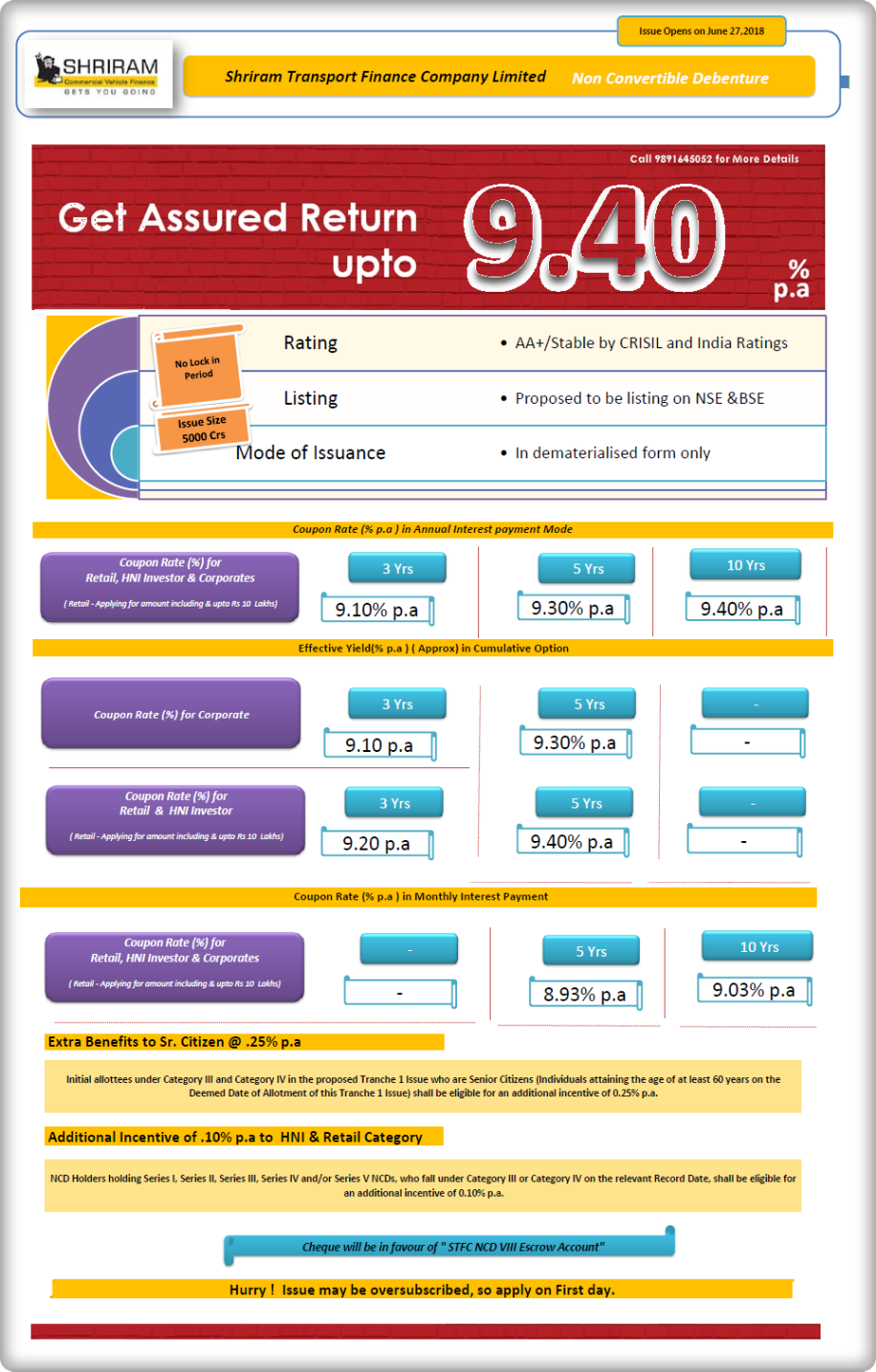RBI opens up bond market
The Reserve Bank of India (RBI) on Thursday announced a comprehensive set of measures to change India's lacklustre bond market and provide a push to the currency market as well, completing the agenda of Raghuram Rajan, the outgoing governor of the central bank.
The RBI proposed to allow banks to raise capital through masala (rupee) bonds in the overseas market and liberalised the currency market by allowing customers — residents and non-residents — to maintain big open positions.
Among a series of blockbuster measures, the RBI also proposed to allow listed companies to lend money to banks through repo market mechanism, essentially overnight money, something that can have wide ranging ramifications for call money rates, short-term money market rates as well as the banking system liquidity.
The central bank also proposed allowing listed companies to lend longer tenure money to banks through the repo market mechanism. This will have an impact on interest rates, the bond market, and liquidity in the banking system.
The RBI said it would also seek legal amendments to allow banks to borrow from it by pledging corporate bonds. This should raise demand for rated corporate paper and make secondary trade possible. Currently, 95 per cent of corporate bonds are privately placed.
The proposal to allow foreign portfolio investors direct access to bond trading platforms for government and corporate paper will widen the investor base. The central bank has also proposed that banks nudge corporate clients to borrow from the bond market. Final guidelines on most of today's proposals will be issued after Rajan's departure, but some measures come into effect immediately. For example, the steps taken in the currency market essentially opened up India's closely-guarded currency market, perhaps bringing an element of speculation in the exchange rate. "The Reserve Bank will now permit entities exposed to exchange rate risk, whether resident or non-resident, to undertake hedge transactions with simplified procedures, up to a limit of $30 million at any given time. The exposed person will be free to access any market (over the counter or exchange) and use any of the permissible products," the RBI said in its statement on its website.
In addition, banks might, based on their assessment of the risk management capabilities of a customer, "allow an open position limit of up to $5 million," the RBI said. The currency market move was intended to improve liquidity and depth, the RBI said, adding the limit would be revised according to experience. Guidelines on this will be issued by November. Another critical change is allowing companies to lend money to banks through a market repo mechanism. So far, listed companies could only lend a maximum of 7-day money, taking government securities as mortgage, also known as repo. The RBI said this "constrains their participation". "It is proposed to allow such companies to lend through the repo market, without any tenor or counterparty restrictions. Guidelines based on a comprehensive review of regulations on market repo in G-secs are being issued today," it added.
Analysts hailed the measures taken by RBI. "These are all critical reforms from short-to-long term perspective. Opening up of global markets for AT1 and Tier-II bonds in negative rate condition prevailing globally will be beneficial for banks," said Soumyajit Niyogi, associate director, India Ratings and Research. "Listed corporates are encouraged to park short-term surplus fund through repo in G-Sec. FPI's and Individual's direct presence in bond markets and inclusion of corporate bond in LAF window will strengthen market activities," Niyogi said. Gaurav Pradhan, co-head of investment banking & capital markets for Credit Suisse in India said RBI's proactive steps acknowledged the potential of the masala bond market. "Further issuance from banks will help broaden and deepen the market for masala bonds, making the product more sustainable in the long run as a financing option. From a macro perspective, we expect the RBI's move will help banks to better manage their balance sheets and lower their cost of funds, and should have a positive impact on local interest rates," Pradhan said.
Karthik Srinivasan, co-head, financial sector ratings, ICRA said RBI measures will "encourage greater participation from issuers, investors and intermediaries" while the permission to banks to raise masala bonds can "develop the overseas market for rupee denominated bonds."
Many of the measures for the corporate bond market were built on recommendations in a report by the HR Khan committee released a week ago by the Securities and Exchange Board of India. "These measures are intended to further market development, enhance participation, facilitate greater market liquidity and improve communication," the central bank said.
The RBI also decided to enhance the aggregate limit of partial credit enhancement provided by banks to corporate bonds to 50 per cent of the bond issue size from 20 per cent earlier, provided a single bank restricted its enhancement to 20 per cent of the issue size. It also proposed to permit brokers in corporate bond repos, authorise the platform for repo in corporate bonds, and encourage credit supply for large borrowers through the market mechanism. "To further encourage the overseas rupee bond market, banks are being permitted to issue rupee bonds overseas (masala bonds) for their capital requirements and for financing infrastructure and affordable housing," the central bank said.
The bonds should be perpetual debt instruments used to shore up additional Tier 1 and Tier II capital of banks. Masala bonds to be issued for financing infrastructure and affordable housing can be of the nature of any long-term debt. The central bank said it had worked out a market making scheme in government securities by primary dealers (underwriters of government bonds) in consultation with the government which might help in "increasing the liquidity of semi-liquid securities. The central bank will soon comprehensively review the framework for hedging of commodity price risks in the overseas markets by Indian companies.






Comments
Post a Comment
You are requested to mentioned your full name with email id while commenting.